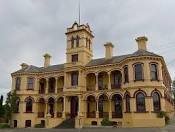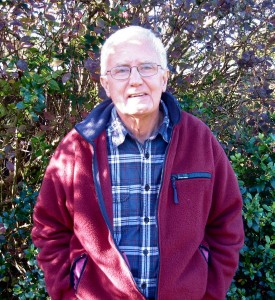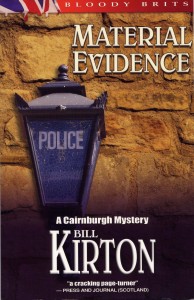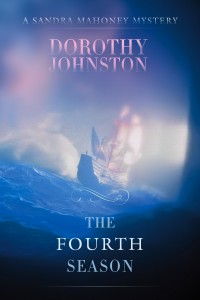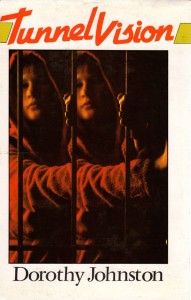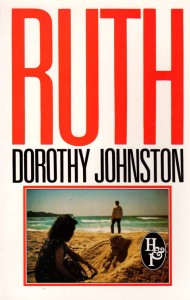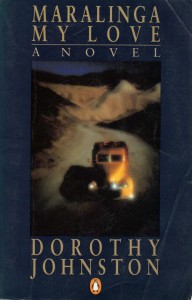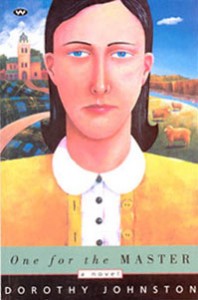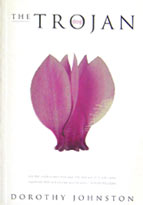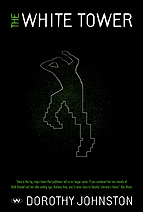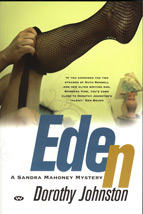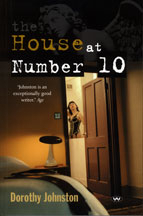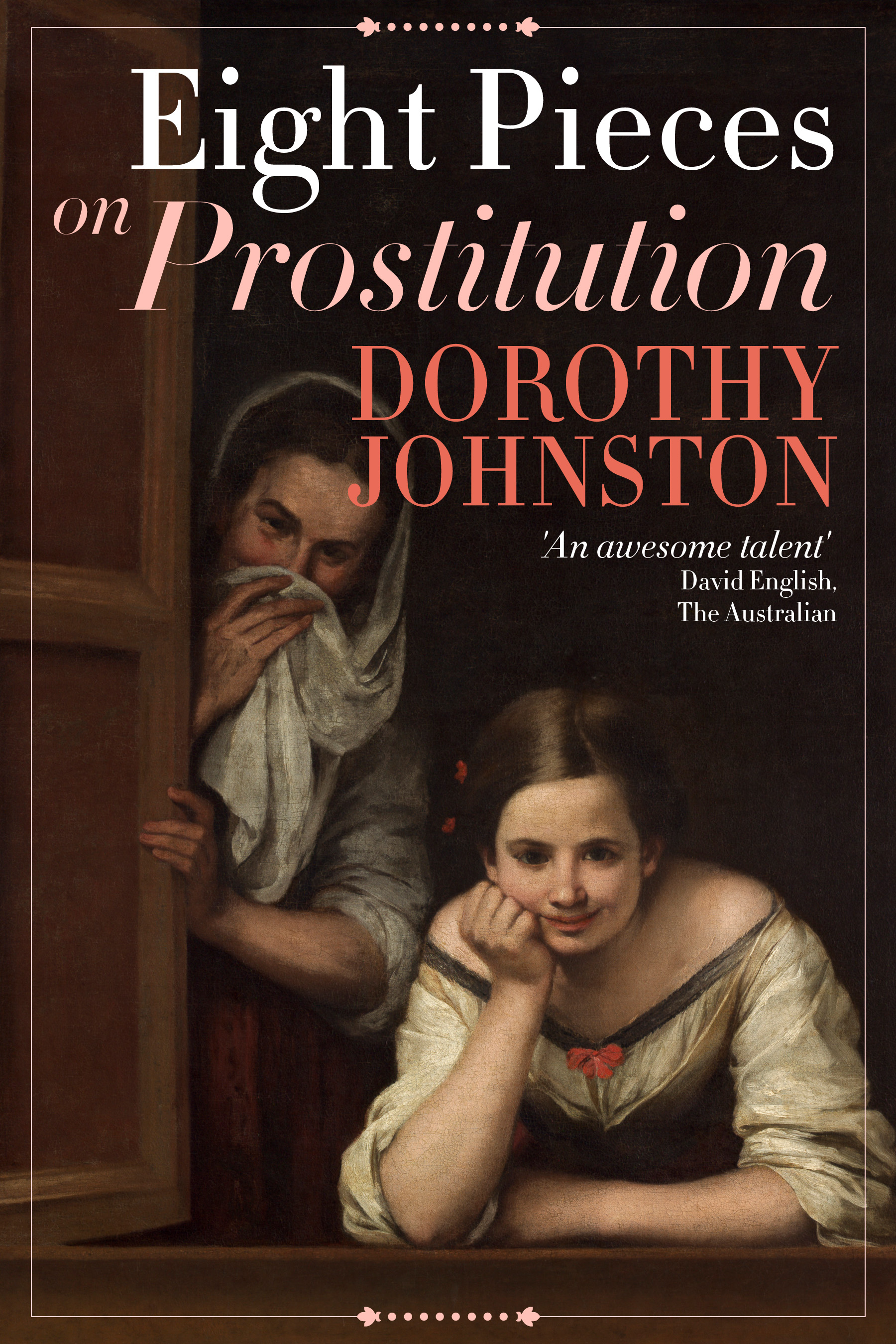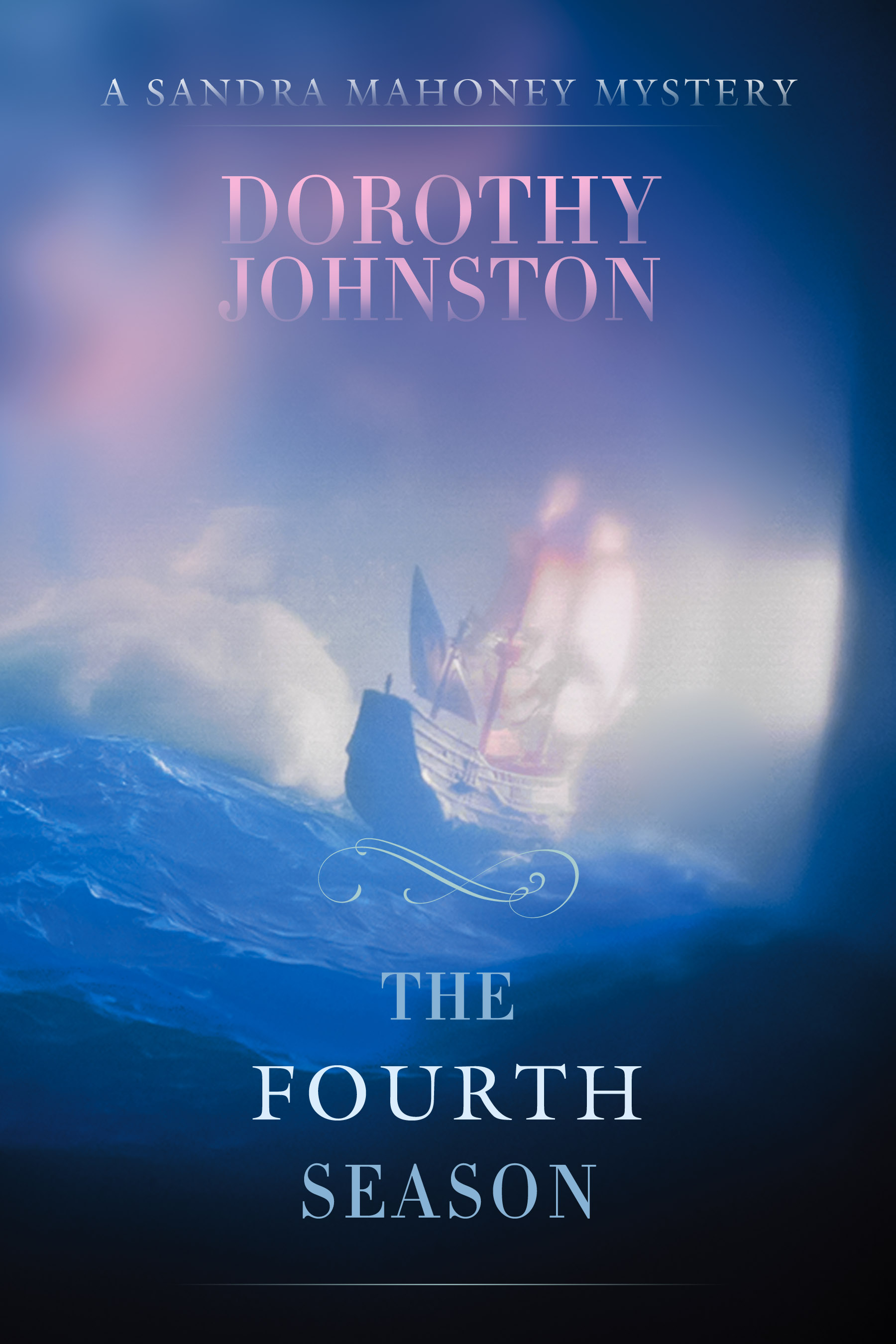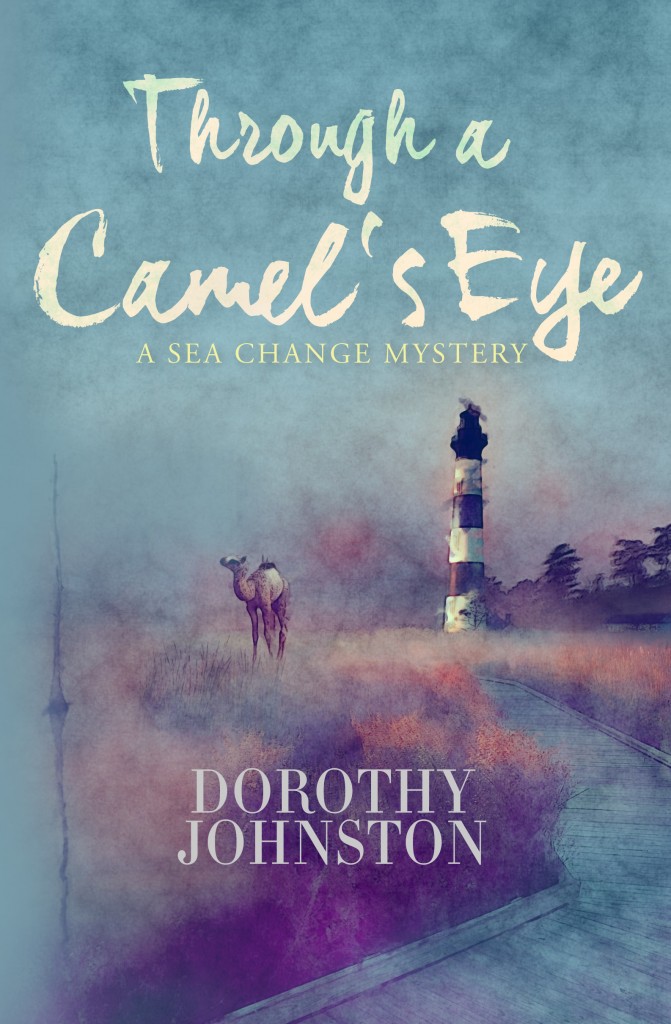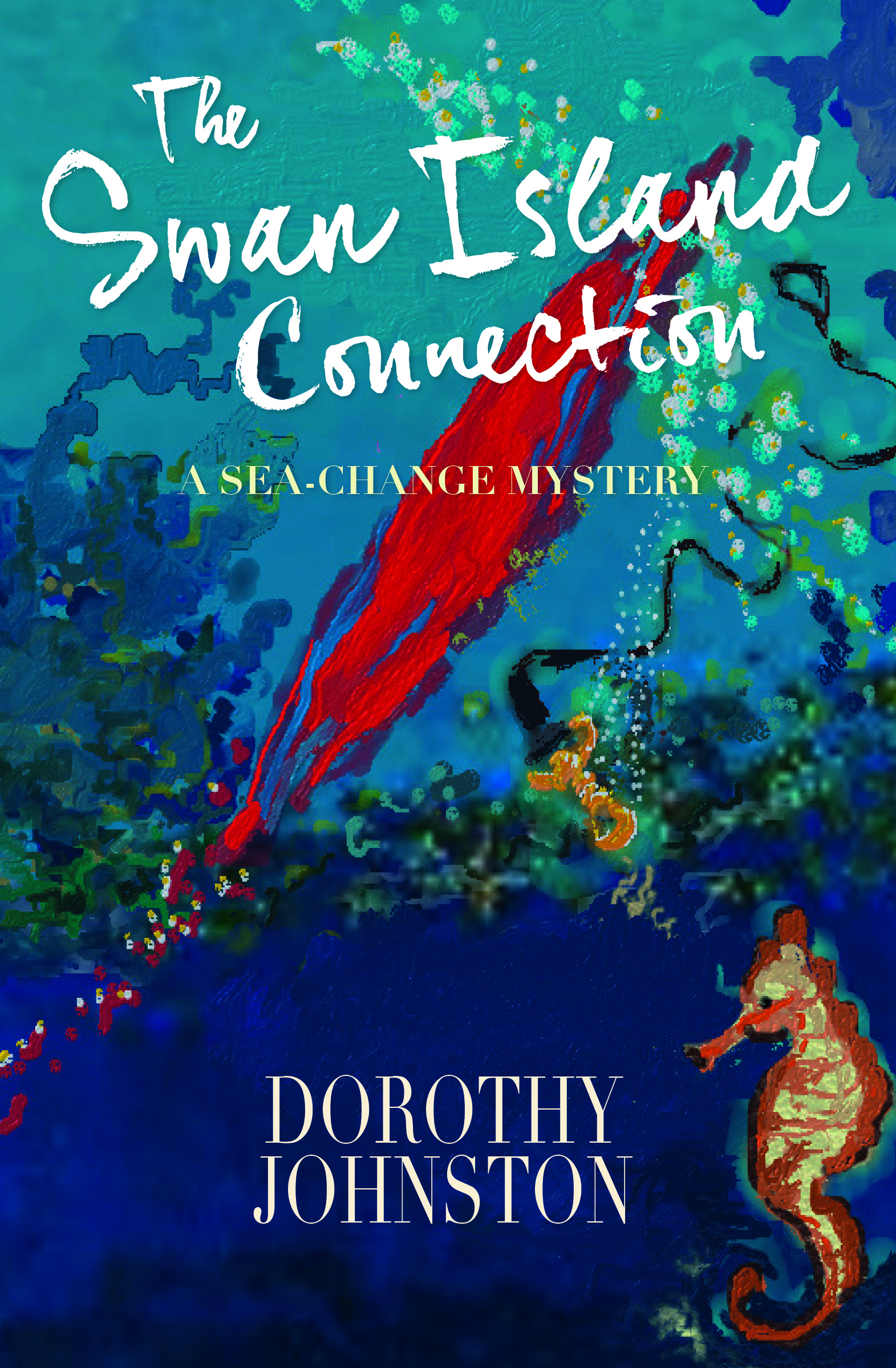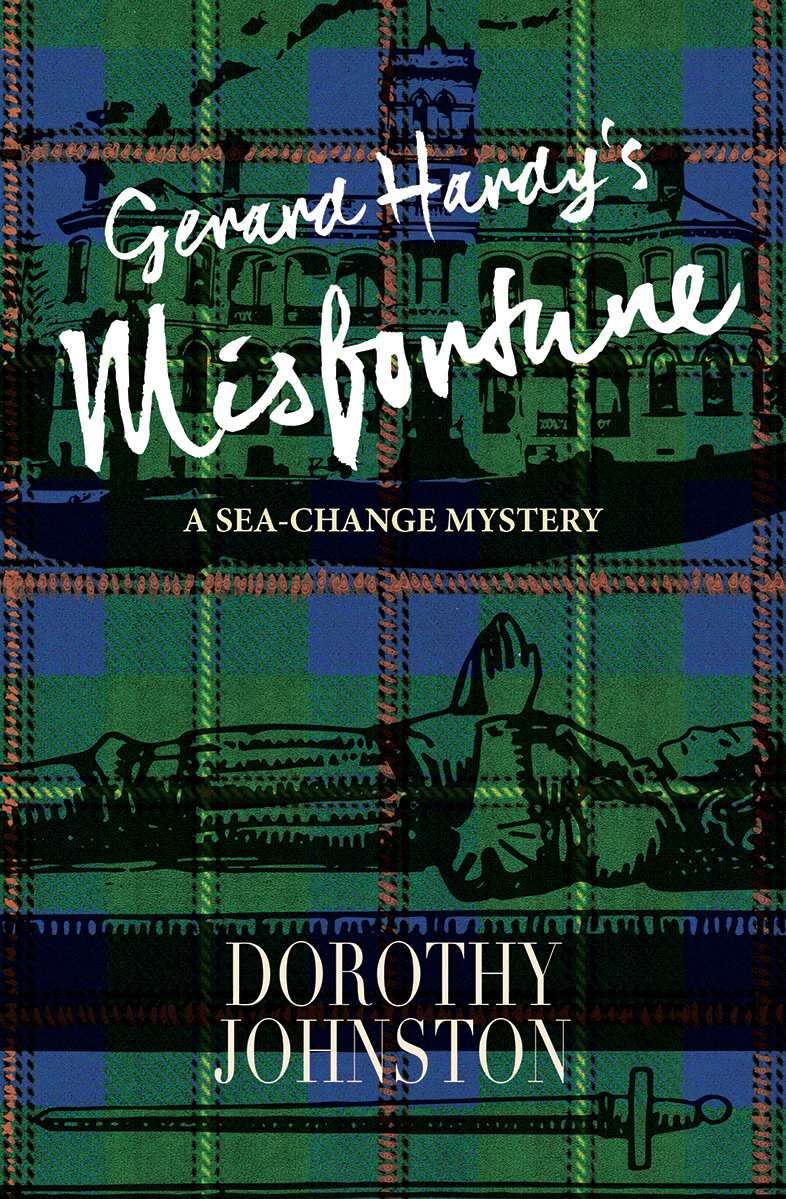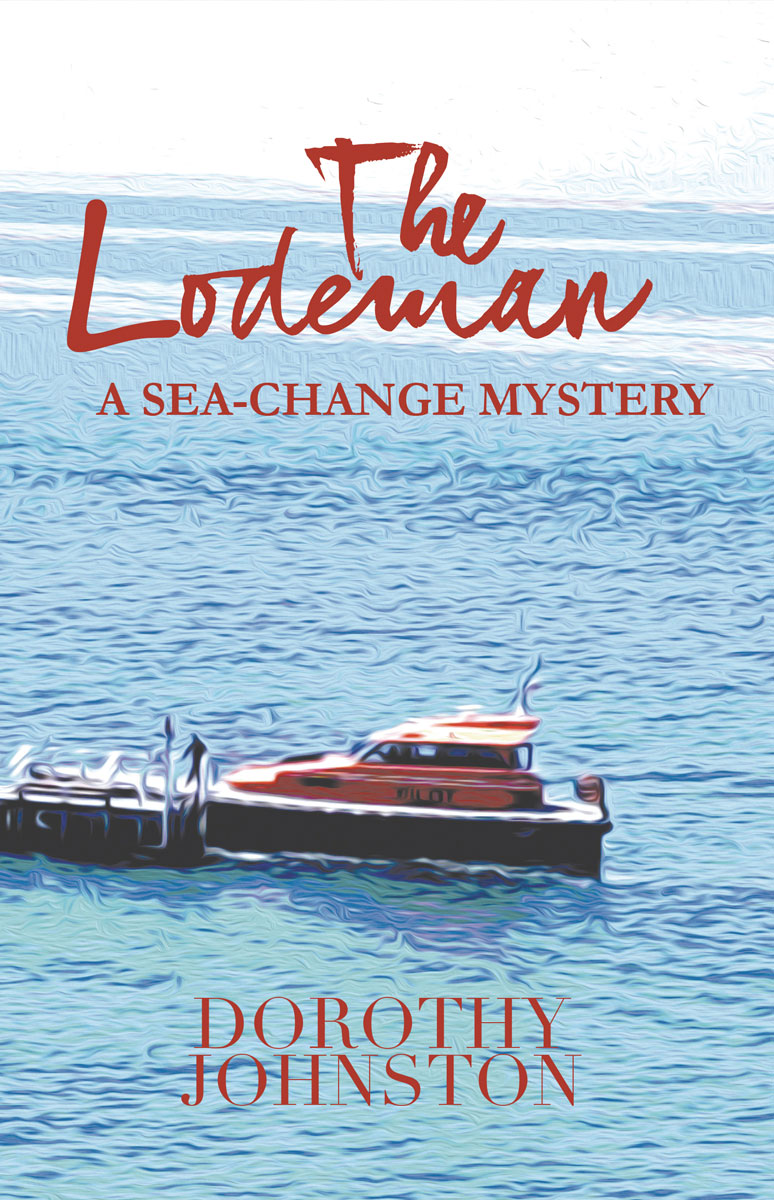A Facebook page titled ‘Queenscliff Ghost Tours’ includes the following information: ‘The Royal Hotel Queenscliff, built 1853, is known to be haunted by at least half a dozen ghosts..’
On another website, I found this testimony, written by a ten-year-old boy.
As I walked down the stairs with Terry, my ghost tour guide, I could feel the floorboards sagging beneath me, and the floorboards groaning above. When we reached the bottom step, we didn’t realise that the cellar of the Royal Hotel in Queenscliff, was actually once a morgue..
Terry told us what had happened one day when two men came down into the bar for a drink. They ordered their drinks and the bartender brought them over to the table they were sitting at. They were about to pick up their beers when they heard girls giggling and the next thing they knew, their beers were knocked off the table and smashed on the floor. It is known that the ghosts are the two young daughters of the Leigh family, who sadly drowned nearby and were stored in the basement overnight before their journey to Geelong, a day’s horse and cart ride away. It is believed that during this time their spirits escaped and now haunt the hotel running along corridors and giggling into the night.
Terry also told us about other ghosts, which inhabit the hotel, like the little girl who also sadly drowned in a natural well under the hotel. The well was bricked off, but sometimes a child’s footsteps are seen in the sand near where the well was located.
As well as being Queenscliff’s first morgue, the Royal was also a mental asylum for some years. The basement windows, small and high up, are still barred.
I’m currently writing a mystery novel about a Henry Handel Richardson scholar found strangled in the Royal’s basement. Henry Handel Richardson was a spiritualist, as was her father, Walter.
I’m having a lot of fun with my characters, which include a formidable psychic and tarot card reader; the present owner (fictionalized of course) of the house where HHR lived as a small girl; and the local police constable, who is, not to put too fine a point on it, out of his depth.
My favourite ‘Royal’ ghost has not been mentioned so far. It’s that of a young woman who jumped to her death from the hotel’s tower.
Here’s how I write about her in the novel, (working title Gerard Hardy’s Misfortune). My constable’s name is Chris Laker.
‘Before long, Chris supposed, someone would write a social history of Queenscliff, and include the Royal. The murder in the basement would become part of the town’s folklore, joining the story of the woman who’d jumped in despair from the window he was standing in front of now.
Every day for weeks, this woman – Chris had no name for her, but no doubt the social historian would dig it up – had climbed the tower stairs to watch for the ship bringing her lover to Australia. It was before the days of steam. According to the versions Chris had heard – they differed in detail while remaining essentially the same – the woman had been allowed into the tower to watch. Apparently the staff had taken pity on her, but then she’d decided to stay there.
The staff had tried to coax her down, then fed her, made sure she had enough to drink. Then one night, perhaps spent and exhausted, perhaps driven to the last threads of self-control by worry and frustration, seeing at last the ship sailing through the heads, and knowing for certain that her lover wasn’t on it, she’d thrown herself from the window and smashed her body on the street below.
Chris decided that he liked this story. He liked the fact that he knew only the bare bones of it, and how there was probably a similar story for every on-the-surface-dull Australian country town. He liked how the nameless woman might have been a mental patient, kept in the basement behind barred windows; yet she hadn’t been. She’d climbed the tower of her own free will. The staff had let her keep her vigil and they’d tried to help. He thought it said something about a raw frontier town, and also about kindness.’
Bill Kirton was born in Plymouth, but has lived most of his life in Scotland. He’s written stage and radio plays, songs and sketches for revues, flash fiction, short stories, novels, stories for children and books aimed at helping students to write effective academic essays and dissertations and get the most out of university and work. He’s been a university lecturer, actor, director, TV presenter, visiting professor and artist at the University of Rhode Island and spent a few years as a Royal Literary Fund Writing Fellow in universities in Aberdeen, Dundee and St Andrews. He loves writing and exploring many forms and genres. I met Bill through the Awesome Indies website and I’ve read the first of his Jack Carston series, Material Evidence. I’m looking forward to reading the next four.
Do you think of yourself as a ‘Scottish’ crime writer and, if so, what does this mean to you?
With this year’s referendum on independence, that question’s got several levels. I was born in England but have spent most of my life in Scotland and I’m treated by most in the writing community as an honorary Scot. In fact, although I recognise and identify with the generally accepted notion of Scottish culture (a sense of community, left of centre politics, humour which is often blackish but rarely cruel, etc.), I’m uneasy about the divisive associations of any brand of nationalism. I don’t consider that my identity derives in any way from the fact that I happen to have been born on one side of a river and not the other. In fact, I’m a federalist and would prefer to be a citizen of the world. (I know, I know, that sounds pretentious, hippyish, but I mean it.) Why multiply inequalities when there are so many already? Having said all that, there’s no doubt that Scotland has a deserved reputation for producing great crime fiction and to be bracketed in that category is a privilege.
I confess to being ignorant about Scottish crime fiction. I’ve read some Ian Rankin and Alexander McCall Smith and have put my name down at the library for Laidlaw by William McIlvanney. But apart from that almost nothing, I’m afraid. Who are your favourites? What have you learnt from them?
Well, Conan Doyle is Scottish, of course, but Holmes and Watson aren’t. I’d put William McIlvanney at the top of my list. He’s a great writer and a great man – charismatic, principled, unassuming and eloquent about his Scottish roots. Ian Rankin and Val McDermid are way up there, too – serious novelists who happen to use the crime genre to examine all sorts of social, political and moral issues. They’re highly gifted, committed writers and commentators on the form but I’m not sure that I’ve learned anything from them. I could add more, but there are so many excellent writers, male and female, that this would just become a list and I’d be bound to forget to include someone.
Here’s a link to an article about ‘tartan noir’ that I found informative, and I’d be interested to hear your views on it.
Maybe this is a boring answer but I just have to endorse everything the article says. First, as I’ve already said, the man himself is extraordinary. I was in the audience at his ‘Bloody Scotland’ gig in Stirling and his charm, warmth and intelligence had everyone there (a full house) transfixed. He’s the embodiment of easy but powerful charisma. Next, the Laidlaw books are so rich that calling them ‘crime novels’ or ‘tartan noir’ seems reductive. Yes, that’s what they are, but they’re so much more. I think the use of the French word is significant. ‘Noir’ was first applied to films and while, like the films, Laidlaw’s books deal with the darker aspects of human behaviours, they also have the same underlying existential bleakness and empathy for the human condition as part of their fabric. Yes, they depict some of the basest of human impulses but as well as asking who, what, how, where and when, they also pose that most difficult of all questions, why. Tartan noir exists, McIlvanney is its greatest exponent, but he goes beyond it, too.
Do you have a view about national characteristics in crime writing? Are there any pre-occupations, or stylistic qualities, that seems to you to be held in common?
Despite what I said earlier about my uneasiness with nationalism, it can’t be denied that different nations do produce different brands of literature. Some of the best crime fiction couldn’t have been written or set in any other country but the USA – fast-talking, cool-headed loners with an inexhaustible supply of laconic one-liners, apparently fearless when faced with insuperable odds and gangs of armed-to-the-teeth hooligans whose threat they nullify with wit. Then there’s the current vogue for Scandinavian books and TV series, whose protagonists are recognisably different from their European counterparts; more thoughtful perhaps, more brooding, with the emphasis on a sort of world-weary acceptance that crime, especially murder, is an inescapable aspect of reality. Then there are all the different crime sub-genres – cosy, psychological, serial killers, private eyes, police procedurals, horror, Miss Marple-style puzzles, whodunits and whydunnits. They’re so different from one another and yet, through almost all of them, there are common themes – solving a mystery, righting wrongs (or failing to, which belongs to the same moral dimension), exposing, understanding and explaining human behaviour, creating a good-bad balance, a meaningful structure that doesn’t occur often in reality.
In Material Evidence Carston’s successful marriage (and Ross’s as well) provide a strong contrast to those of other characters. How important is this contrast? Is it developed in your later books?
The contrast is certainly deliberate but its importance lies in giving Carston (and Ross) a stability on which to base their moral judgements and their interpretations of others’ motives and impulses. For both of them, home is the antidote for some of the excesses they come across through the job. Neither of them is flawless, in fact Carston becomes more irritable and frustrated by bureaucracy and incompetence through the series and his moods manifest themselves through sometimes childish behaviour which he regrets but can’t suppress. The only thing that keeps him level is his marriage. Kath, his wife, knows him well and always uses humour to restore his equilibrium.
A crime novel with such domestic ‘ballast’ is relatively rare. I can think of Ruth Rendell’s Reg Wexford, but the loner stereotype is much more common. Are you consciously writing against this stereotype?
This is a very perceptive question. The reason I became a crime writer (as opposed to ‘just’ a writer) is that a publisher liked a novel which I’d submitted but was looking instead for police procedurals and asked if I’d try one. Material Evidence was the result. At the time, I was reading lots by Ruth Rendell (and her alter ego, Barbara Vine) and liked the ‘ordinariness’ (which isn’t meant to be pejorative), of her settings and the people in them. Somehow, the fact that her murders and other crimes occurred in the midst of simple, everyday scenes made them worse, gave them a more sinister aspect than those of gore-fests or contexts in which violence was the norm. So that was part of what I was aiming for. But also, my attitude to crime (both those I invent and the ones we see in the newspapers), is that it may be aberrant but it’s an ever-present ingredient of daily life. In books, crimes are almost always solved and their perpetrators are punished. I usually add a coda to my books to imply that, while the central crime has been solved, others are simmering elsewhere and the feeling of completeness is illusory. Having a married cop who loves and is loved and whose home life consists of good food and wine and lots of humour is a counterpoint to the notion that our world is inescapably corrupt.
Material Evidence kept me guessing till the end. Did you know the end before you started writing? How much, and in what way do you plan your books?
I don’t always know the end, or even the perpetrator, when I begin writing a book but in this case I did. As I said, it was my first crime novel so I had to do plenty of research for it and the type of death that occurs here was inspired by a couple of actual cases I read of in a book on forensic medicine. Once I had that, I could start thinking of motives and all the structures and complexities that led up to it – in fact, made it necessary. I’m not a great planner. Ideas come from all over the place (or from nowhere) but once I have one that seems to demand I take it seriously, I start thinking of what themes it’ll explore, what aspects of human nature will come into play. Once I’ve settled, however vaguely, on those, I start wondering what the characters involved will be like. I start writing, these characters emerge, and they take over, leading me in various directions, showing me who they are through their words and deeds. Sometimes, they surprise me and take me towards motives or conclusions which I hadn’t considered. Sometimes, the murderer I’ve chosen turns out to be innocent and one of the others does the killing instead. That makes it all sound erratic, untidy, but it comes out of a narrative logic which is dictated by the relationships of these characters. So far they haven’t let me down.
I liked the humorous exchanges between the policemen and women, which made them come alive for me. They suggested an ambivalent ease with one another, and also Carston’s authority, which he exercises firmly without being domineering. Ross sometimes talks back to him, for example. Yet Carston is an outsider, only recently arrived in Cairnburgh. Is his ‘outsider’ status important in the series?
For me, humour is a vital part of any human interaction (although it’s noticeably absent from these answers). OK, if there’s tragedy or horror involved, it’s in the background, but hearing people take the mickey out of one another, exchange pretend (or real) insults, indulge in swapping one-liners – that makes them real, punctures any potential ‘literary’ pretentiousness. The type of humour they use also helps to distinguish them from one another. Carston doesn’t seek to be an outsider but his attitudes to his (admittedly inept) superiors make it inevitable. I think it may be more complex than that, though. I think it’s probably part of my constant awareness of the artificiality of a genre in which all problems are solved, villains get punished and law and justice are synonymous. Real life is chaotic, unstructured, meaningless and murderers and others get away with it. Paradoxically, crime fiction sanitises it, gives it structure and balance. I’ve maybe given Carston my own attitudes to all that. In fact, I know that’s definitely the case in the third book, The Darkness.
In an interview on the LL –Publications blog, you speak of ‘Getting the rhythms of those words right, using them to create new meanings or characters, structuring fictions in pleasing ways – ’ These are general aims to which all fiction writers might be said to aspire. Crime fiction, however, imposes its own framework and sets limits to so-called ‘literary’ qualities. These limitations can be stimulating, or restricting – or both at once. At least that’s my view. How do you approach and work out questions of aesthetics? Do you think in terms of aesthetic resolutions as compared with, or opposed to, plot ones?
I know what you mean about crime fiction discouraging certain ‘literary qualities’ but I don’t agree entirely with you. Yes, steer clear of lines such as one I remember from an Albert Finney character in a stage play years ago, when he spoke of ‘lurching from one derelict sunset to the next’, but don’t shy away from literary tricks that could add to the reader’s pleasure. At the risk of appearing immodest, let me offer a wee example of deliberate alliteration from another of the Carston books. Two characters are chatting at a post funeral buffet. One is a very messy eater and, as he speaks, has a mouthful of sandwich.
“All the same… Foul play, that sort of thing… It’s preposterous.”
He waited. Carlyle’s only reaction was a small shake of the head and an unheard prayer that Leith would use fewer plosives.
“I mean, persistent police probing.’
OK, it’s hardly ‘literary’ in the sense of purple prose, but it’s a deliberate stylistic choice. And I always maintain that one of the essential aspects of style – in any genre – that’s not always given the consideration and attention it needs is rhythm. Ugly, unbalanced prose unsettles the reader. It’s as bad as a direct authorial intrusion. The length of words and sentences, the frequency of pause points, the overall feel of the rise and fall of intonation – these all contribute to the pleasure of reading. I’m a fan of Elmore Leonard’s ten (tongue-in-cheek) ‘rules’ for writers. He sums them all up by saying ‘If it sounds like writing, I rewrite it’. I love words, images, stylistic flourishes but if a writer indulges him or herself, they intrude, they disrupt the narrative. One of the basic bits of writing advice I give when asked is to separate the functions of writer and editor. You can be free and self-indulgent when you’re writing a first draft but only if you’re strict with yourself when you revisit the text as editor. You can create characters who use colourful – even literary – language but, as narrator, you must stay out of the text.
You describe Cairnburgh as a fictional town near Aberdeen. Why did you decide to create a fictional town for your series?
Another Rendell influence, I’m afraid, and one that I regret. Her Kingsmarkham setting was real to me as a reader and allowed her to create whatever she needed for her plots. I decided that, since I was planning on making some of my policemen inept, even corrupt, it might be wiser to create a fictional place rather than set my books in Aberdeen and risk getting parking tickets and other harassments. In fact, the year after the book was published, there was a scandal involving the Chief Constable of Grampian which was worse than anything I could have imagined. On the other hand, the freedom to invent places and institutions without fear of libelling anyone by proxy allowed me to set one book in a university/hospital without fear of lawsuits from ex-colleagues in Aberdeen University. But I think nowadays readers prefer their policemen and criminals to be in real cities and places.
You are very good at dialogue. Did you learn this skill through writing radio and other plays? Was there anything you had to unlearn when it came to writing novels?
Thanks for the compliment. When I first starting writing (as an adult) I gravitated naturally towards drama so I suppose I must have felt comfortable with dialogue. I still had lots to learn about radio drama, though. (One example, reasoning that lots of blind people listen to the radio, I made a central character in one play blind. When it was being recorded, the producer pointed out how difficult it was to convey blindness on radio, so I had to write some extra dialogue.) One thing I did find with novels was that, when I read sequences aloud (as part of my editing process), the dialogue wasn’t nearly as natural as it had been in my plays. I suspect that writing extended prose narratives gets one into particular rhythms which don’t belong in speech. For that reason, I pay particular attention to correcting dialogue. Incidentally, the voice (my voice) you hear in these answers is significantly different from the one you’d hear in conversation. Dialogue is, mostly, spontaneous, unstructured.
I saw on your Amazon biography that you used to teach French. Who are your favourite French writers in general, and your favourite French crime writers? I recently discovered Fred Vargas and have enjoyed several of her books. Does being bi-lingual help when it comes to writing in English, or is it irrelevant?
As I’ve answered these questions, I’ve realised that each one could easily be the subject for quite a long essay, and this is no exception. My answer, though, is going to be disappointing because, although I know how popular Fred Vargas is, I haven’t been able to get into her works. Maybe I’ve just chosen the wrong ones, but there’s a surprising lack of pace in those I’ve attempted. It’s easier to talk about French writers in general because I used to give classes on authors from the middle ages to Sartre and the rest. I love and admire the greats of the 19th century, especially Flaubert. I’ve lost count of the number of times I’ve read Madame Bovary and I still read bits of it now and then, just to marvel at how not a single word is wasted or misplaced, how the gaps between events are as important as the events, how tragedy and comedy can coincide, how imagery can be substituted for narrative, etc., etc. I think the history of French literature is rich in contrasts, reactions, counter-reactions and I love the clarity of the demarcations between periods, fashions, schools and how they reflect so accurately everything else that was happening in their particular era.
To find Bill Kirton’s books for sale go to Amazon UK and Amazon US, and to read more about the books, go to Bill’s website.
I want to thank Maryann Miller for her generous review of The Fourth Season, the final book in my Sandra Mahoney mystery quartet. Maryann joins a growing list of reviewers who have enjoyed the novel, and I very much appreciate the time and trouble they have taken.
A few weeks ago, I wrote a blog post about Indie reviewing. That was before I’d come across an article in the Guardian by John Self, criticising Booker prize head judge, Peter Stothard, for bagging Indie reviewers.
In my post, I suggest that bloggers should set the bar higher than an ‘I like this: I don’t like that’ kind of review, but I fail to give enough credit or praise to those people who are drawing on a lifetime’s reading and thinking about books to offer invaluable insights and discussions.
Maryann Miller lives in Texas. Others who’ve reviewed my books live in the US too, and the UK, France – indeed all over the world. It’s a joy to me to have made these connections!
The Sandra Mahoney Quartet can be purchased from Wakefield Press, who are offering a special: four books for the price of three. The novels are also available on Amazon and other ebooks sites.
And another good review of The Fourth Season has just come in, this time from ‘Long and Short Reviews’.

